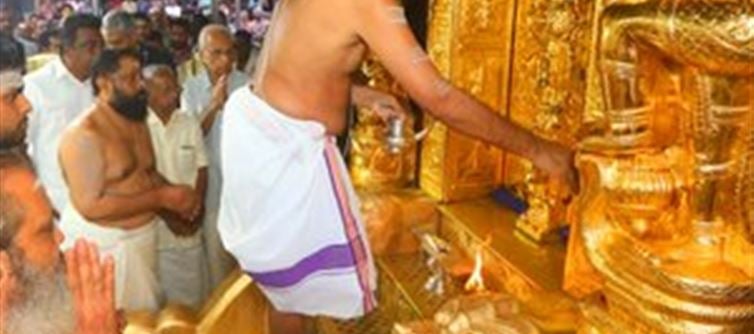
Sabarimala’s Chaos Has a Price Tag — And Someone Is Profiting
Sabarimala is one of India’s highest-earning pilgrimage ecosystems, generating crores in offerings, contracts, transport, food stalls and service tenders. Yet this year’s crisis — parched devotees, collapsing sanitation, and dangerous lapses like live electric cables — forces a difficult question: where is the money going?
Economic incentives are hiding in plain sight. Temporary contracts for water supply, sanitation, and crowd-management equipment are routinely awarded without transparency. Short-term contractors profit from repeat breakdowns — the more frequent the emergency, the bigger the expenditure. Meanwhile, long-term investments such as permanent water lines, structured waste systems, or engineered queue corridors rarely materialise. That’s because durable infrastructure yields no recurring profit; crisis-management does.
The conflict of interest is stark: institutions tasked with preserving a sacred space also control high-value revenue channels, making mismanagement financially convenient. Devotees, meanwhile, bear the cost — lost time, lost health, and eroded trust in spiritual spaces that should offer solace, not suffering.
The real question is: Has Sabarimala’s governance become so fragmented that devotion is expected to compensate for administrative collapse?
The unanswered truth is this: Is Sabarimala’s disorder simply incompetence, or is chaos itself becoming a business model?




 click and follow Indiaherald WhatsApp channel
click and follow Indiaherald WhatsApp channel